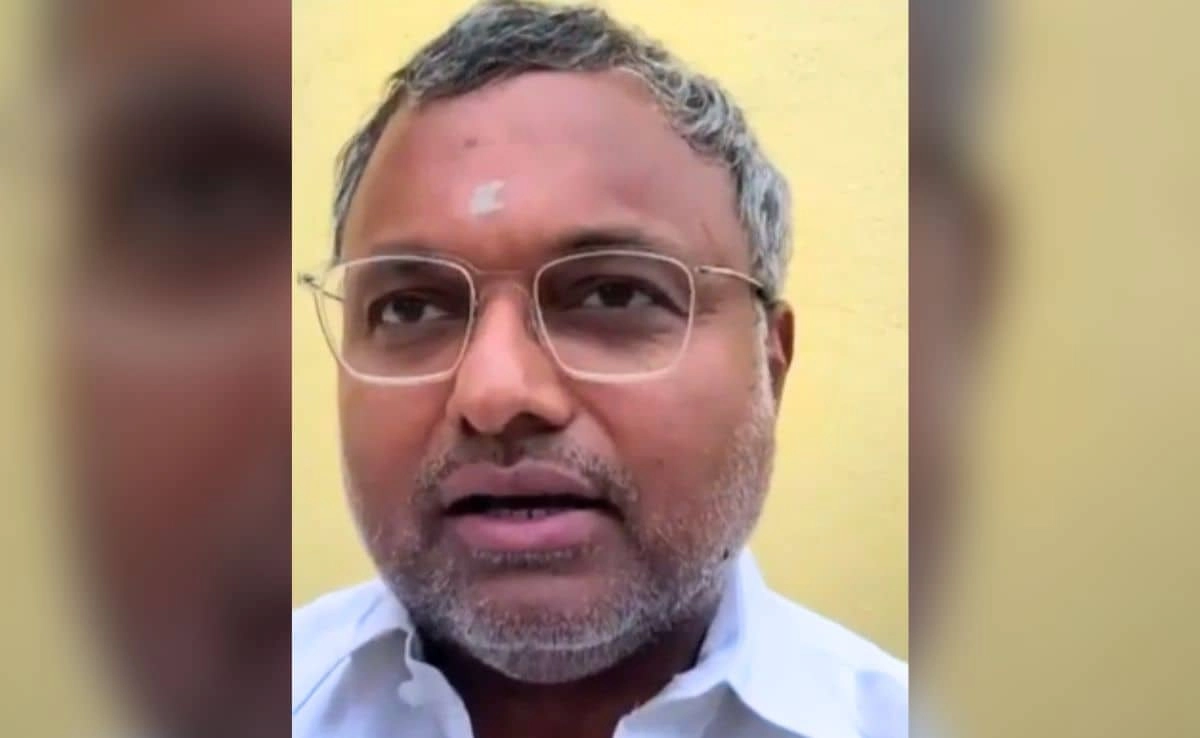Karti Chidambaram, the Indian politician and son of former Finance Minister P. Chidambaram, recently articulated a thought-provoking perspective on India’s aspirations to become a global power. He emphasized that a nation cannot project itself as a significant player on the world stage while grappling with pressing domestic issues. Specifically, he highlighted the metaphorical “stray dog problem” at home, which symbolizes the multitude of social, economic, and governance challenges that remain unaddressed. This analogy serves to underscore the importance of prioritizing internal stability and development before seeking to expand a nation’s influence internationally.
Chidambaram’s remarks resonate deeply in the context of contemporary India, where the government is striving to enhance its global standing through economic reforms, foreign policy initiatives, and military modernization. However, the stark reality is that significant portions of the population continue to face poverty, inadequate healthcare, and limited access to education. By drawing attention to these domestic challenges, he advocates for a more balanced approach to nation-building—one that does not overlook the needs of its citizens in pursuit of external prestige.
The concept of addressing the “stray dog problem” can also be interpreted in a broader sense, suggesting that a nation must first ensure a solid foundation of social justice, economic opportunity, and effective governance. Chidambaram’s insights encourage a national discourse that prioritizes the well-being of the populace, arguing that a true global power must demonstrate not only military and economic might but also the capacity to provide for its citizens. This internal focus is essential for fostering a sense of unity and purpose among the populace, which, in turn, can enhance a nation’s ability to engage effectively on the international stage.
In conclusion, Karti Chidambaram’s comments serve as a crucial reminder of the interconnectedness between domestic stability and international ambitions. As India seeks to elevate its status as a global power, it must confront its internal challenges head-on. By addressing these issues with urgency and commitment, the country can lay the groundwork for a more influential role in global affairs, reinforcing the idea that a nation’s strength is ultimately derived from the well-being of its people.




